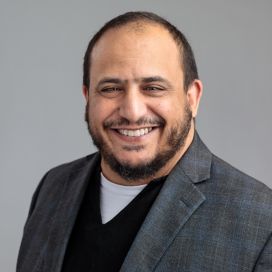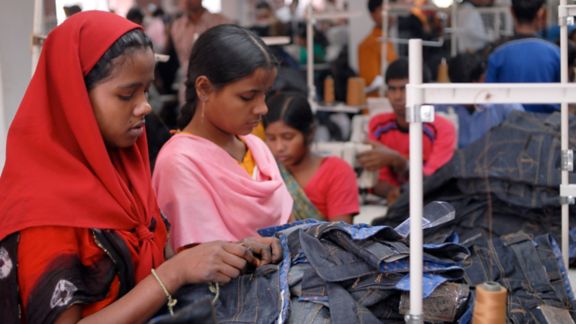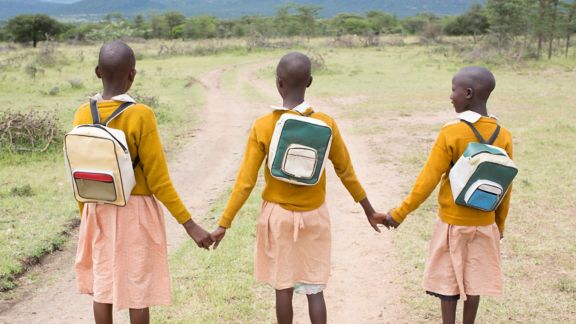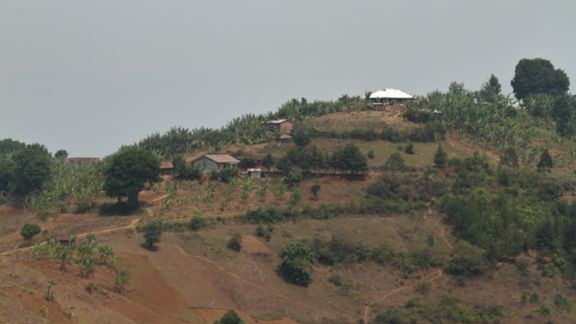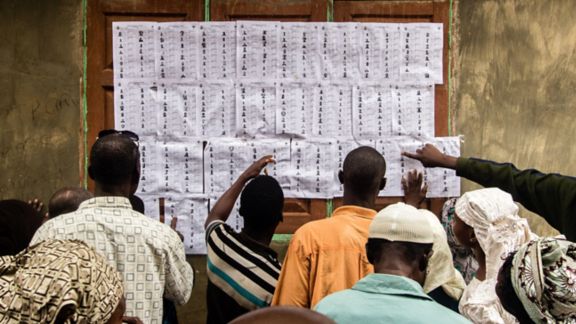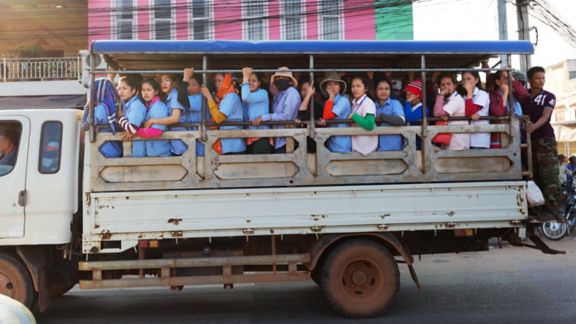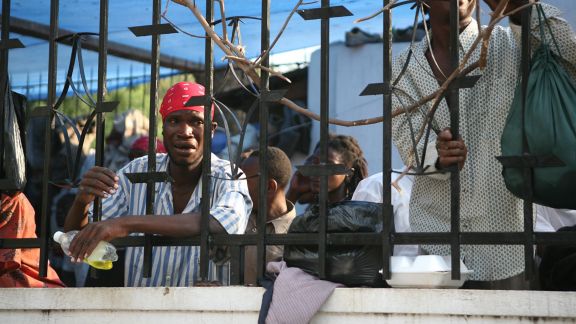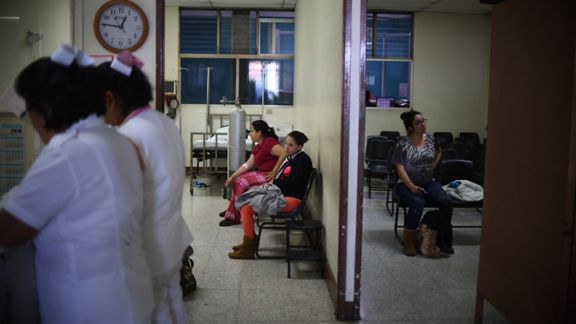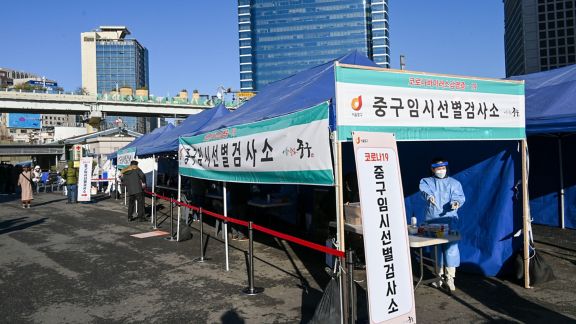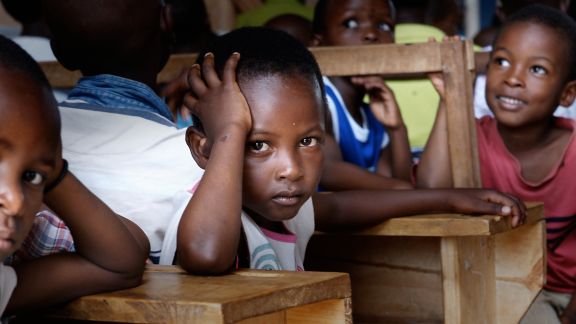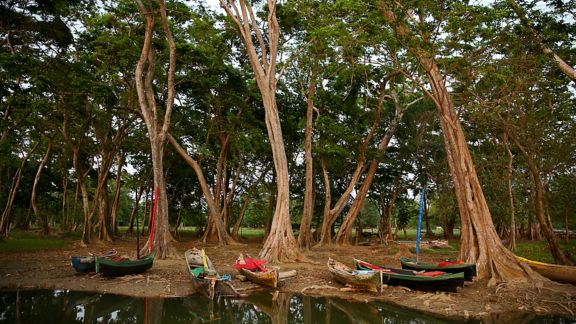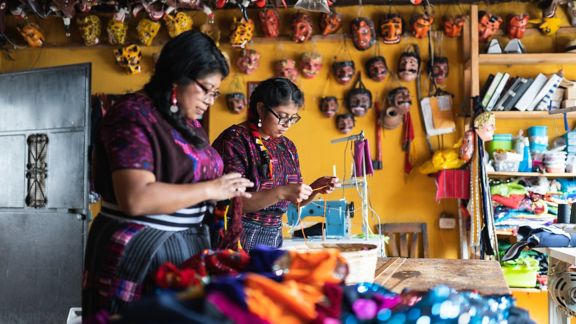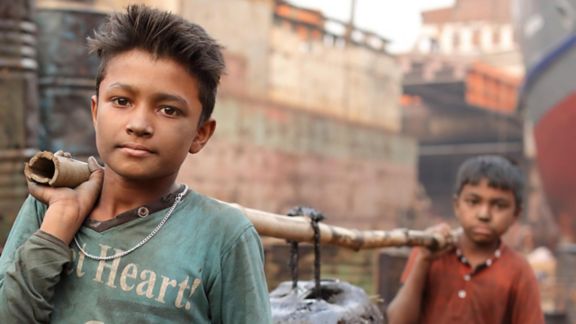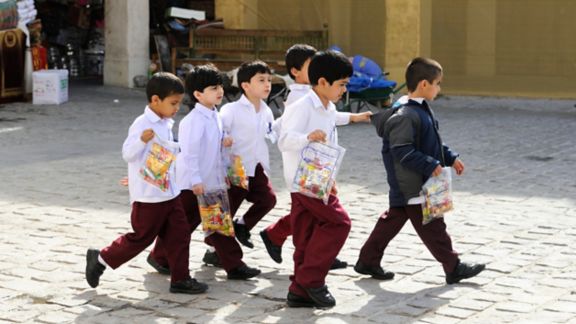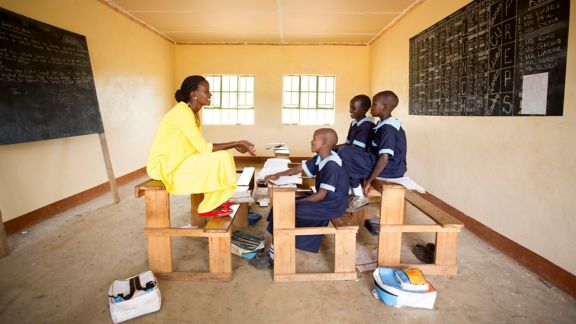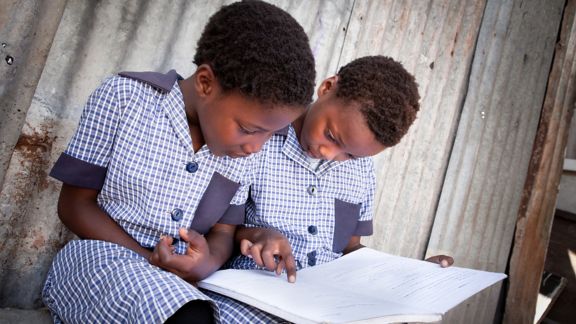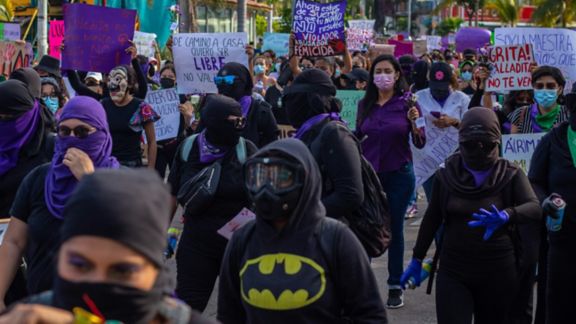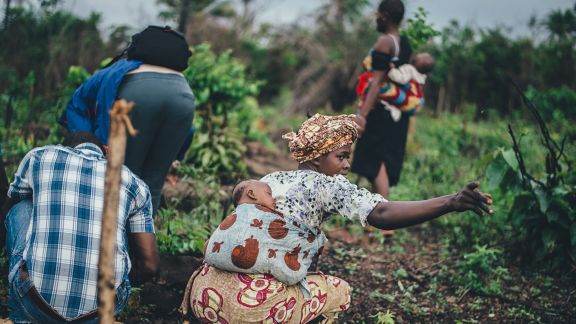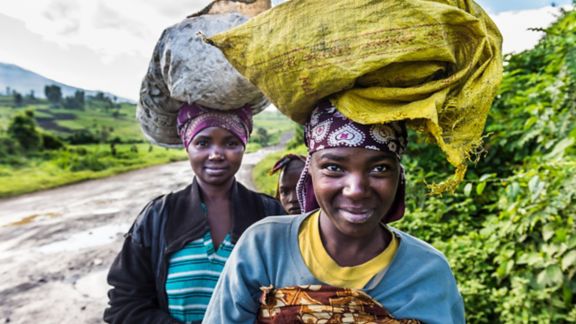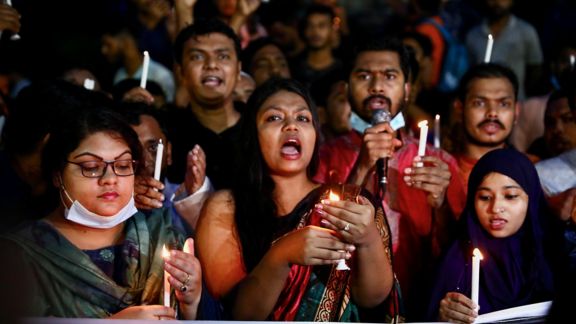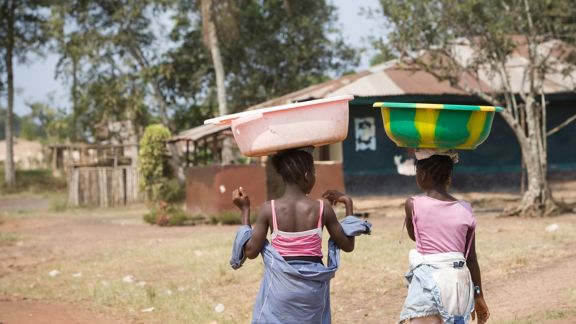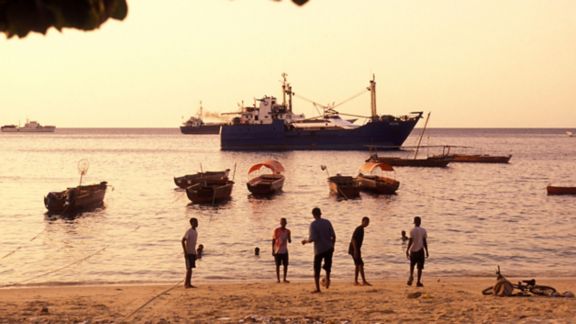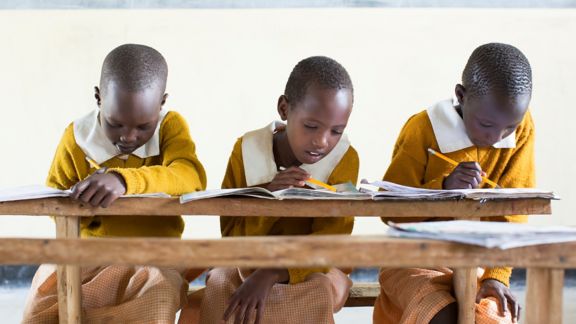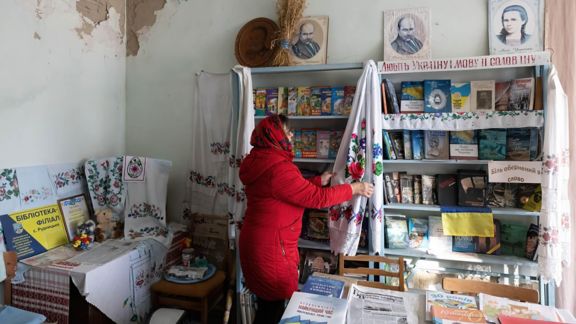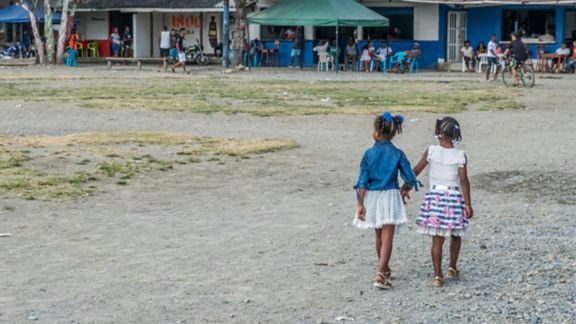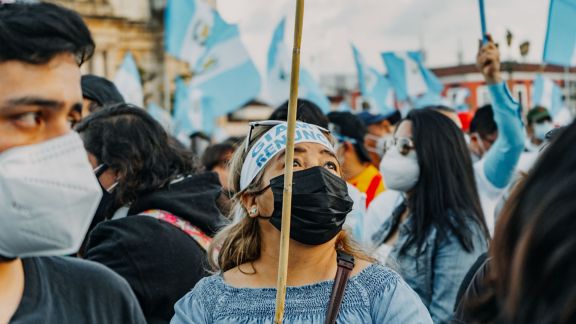International development needs constantly evolve as countries’ economic, social, and political landscapes change. Development organizations need timely, high-quality data to plan and implement projects with maximum impact.
With experience in over 100 countries, where we train and develop longstanding relationships with local data collection firms, NORC is a leader in all aspects of quantitative and qualitative data collection design and implementation. We set the worldwide standard in efficiently conducting scientifically rigorous surveys, including advancing technical knowledge in:
- survey methodology
- cognitive testing of survey questions
- randomized-response protocols
- list and behavioral experiments
- translation of surveys into multiple languages
- sampling, imputation, and weighting
Our state-of-the-art quality-control processes ensure unbiased, accurate quantitative datasets and user-friendly transcripts for qualitative data. Our comprehensive suite of services for data anonymity and data documentation provides a solution to any request.
NORC applies innovative methods to data collection globally, using:
- time-location, web-scraped, and social-network-based sampling
- trained-observer ratings
- web scraping and Big Data for machine learning applications
- administrative data from institutional sources
- integration of geospatial data into data collection and analysis
NORC’s survey experience ranges from small to larger longitudinal and cross-sectional studies, with sample sizes ranging from 500 to over 10,000 respondents, sometimes dispersed across multiple countries. Using the web, tablets or laptops, telephone, mail, and in-person interviews, NORC surveys a wide range of populations and subpopulations, achieving high response rates that enhance the value of data, including among hard-to-reach populations. We are experienced in deploying household, school, and firm surveys to collect data on:
- respondent knowledge, attitudes, and practices
- household finances and income-generation activities
- students’ reading and academic skills
- anthropometric measurements of children
- physical measurements of farm size and soil quality
- exposure to trauma
- transport data such as maritime time-release and vehicle origin-destination
- individuals’ access to government and environmental services
Under USAID’s Democracy Rights and Governance, Learning, Evaluation, and Research (DRG-LER I and II) contracts alone, NORC collected survey and qualitative data in over 50 countries in Eastern Europe, Africa, South Asia, and South America. In Kenya, for USAID Feed the Future, we listed all households in sampled areas, completed the random selection process, and conducted over 6,000 interviews with multiple household members detailing food consumption, procurement, and production of agricultural goods, soil samples, measurement of farm plots, and anthropometric measurements of women and children. For the US Department of State, we used state-of-the-art Respondent-Driven Sampling (RDS) and Network Scale-Up Method (NSUM) sampling to measure forced-labor counts and prevalence rates among domestic workers in Morocco.
For qualitative research, NORC designs and implements facilitation guides for focus group discussions (FGDs), structured interview guides for key informant interviews (KIIs), and data collection forms for site visits and observation studies. Additionally, in response to the ongoing COVID-19 pandemic, we have extended our capabilities in remote data-collection modalities for qualitative and quantitative fieldwork. In Ukraine, we examined the Enhance Non-Governmental Actors and Grassroots Engagement Project’s approach to civic education, the ability of citizens to engage in civic actions, and their involvement in anti-corruption monitoring and policymaking using remote approaches such as an extensive document review, two web surveys of sub-grantees and beneficiaries, and a series of remote FGDs and KIIs.
International Data Collection Experts
-
Kareem Kysia
Program Area Director -
Erika V. Keaveney
Senior Research Scientist -
Brian Kirchhoff
Senior Research Director -
Ritu Nayyar-Stone
Principal Research Scientist
